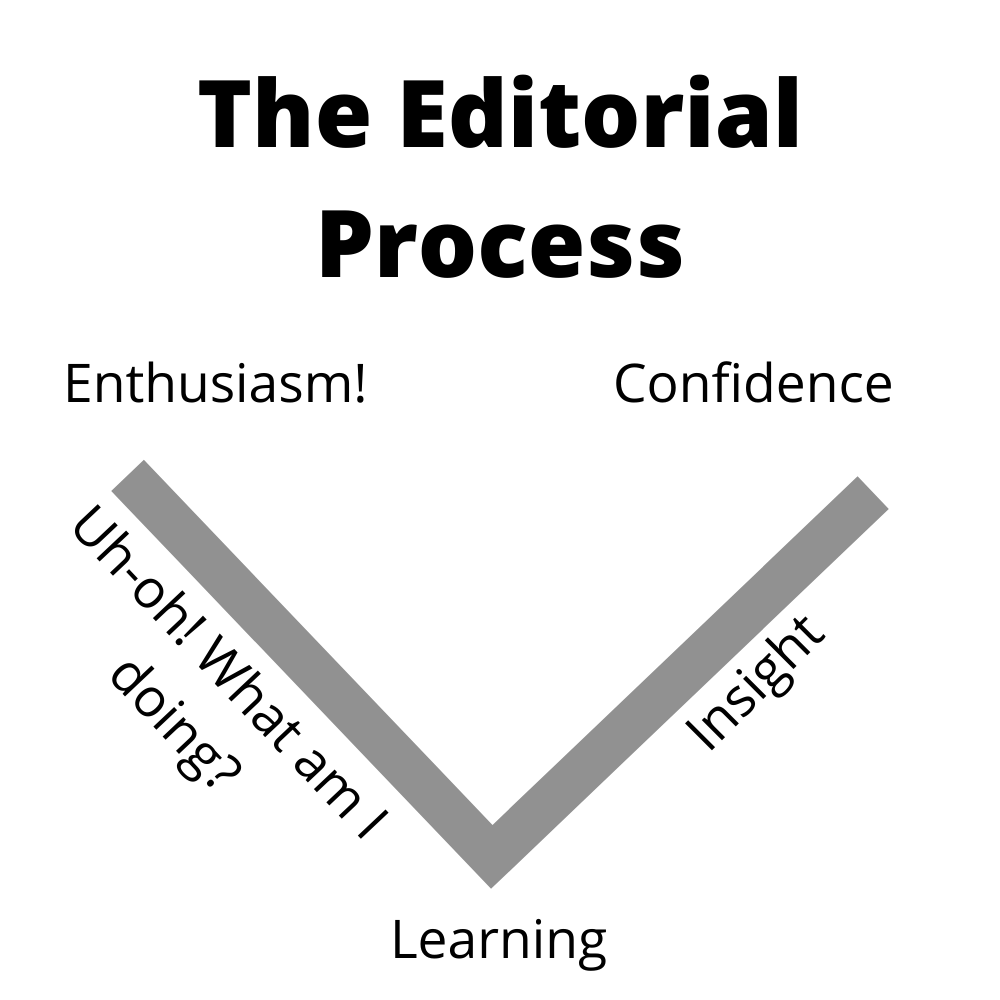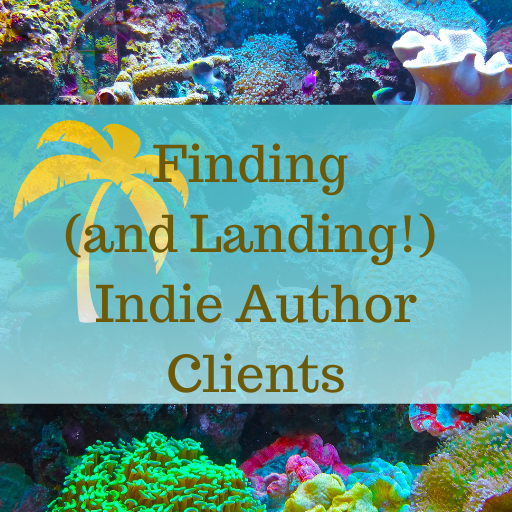The Editorial Process

Join the Club!
New to story editing? Begin at the beginning.

I’m frequently asked for help by editors trying to get established as freelancers. Not surprisingly, many people want to know how to get editorial projects from publishers, as obviously this could be a good source of ongoing work. So when I received the following question, at first I thought of it as a “how to…
One of the first things that acquisitions editors and literary agents learn in their jobs is to use the query letter to evaluate a manuscript. AEs and lit agents are looking for cues that a project is or isn’t right for them. In my career, I’ve worked as both an AE and a lit agent….
I’m often asked the meaning of abbreviations used when we’re talking about editing books. These are some of the more common: Abbreviations Used in Editing AE = acquisitions editor (usually your contact person when working for publishers) CE = copy editor/copyediting DE = developmental editor/developmental editing, sometimes referred to as “dev” ms = manuscript mss…
The Importance of Separate Developmental Editing and Copyediting Rounds As I mentioned in my previous blog post, indie authors often want editors to combine DE and CE in one round of editing. I mentioned that one problem with doing this is the likelihood of overwhelming the author. Another problem is the complexity. There’s no point…
Fact-Checking in the Editorial Process Fact-checking is verifying that the information included in a ms is accurate: World War I took place in the early twentieth century, production of Hummers stopped in 2010. An author (even a novelist) who gets facts wrong irritates and alienates readers, so one of our roles as dev editor is…

I think it’s important for editors to understand the differences in editing for indie authors and publisher clients in order to make a thoughtful decision on which type of cient to pursie, or perhaps to attain both types of clients. Here are some of the most helpful tips I’ve gathered in my experience to help…